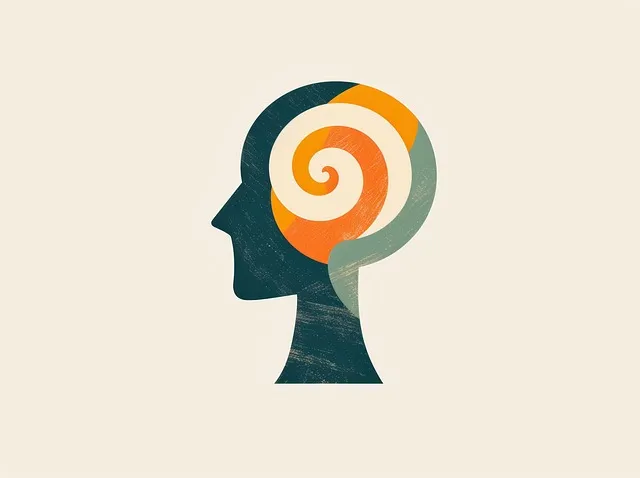Centennial Kaiser Permanente behavioral health providers play a crucial role in teaching effective coping skills like mindfulness and cognitive reframing, empowering individuals to manage stress, anxiety, and improve mental well-being. Their holistic approach, incorporating self-care practices, cultural sensitivity, and peer support networks, ensures personalized guidance for emotional resilience and balanced living.
In today’s fast-paced world, effective coping skills are essential for well-being. This article guides Centennial Kaiser Permanente behavioral health providers in empowering individuals to navigate life’s challenges. We explore the significance of coping strategies and their role in fostering resilience. By understanding various techniques, providers can equip clients with powerful tools to manage stress, anxiety, and difficult emotions. Through practical strategies and a journey of skill refinement, this resource aims to enhance the effectiveness of care provided by Centennial Kaiser Permanente behavioral health professionals.
- Understanding Coping Skills and Their Significance
- Strategies for Centennial Kaiser Permanente Behavioral Health Providers to Foster Effective Coping
- Implementing and Refining Coping Skills: A Journey Towards Resilience
Understanding Coping Skills and Their Significance

Coping skills are the strategies we use to navigate life’s challenges and maintain our well-being. They play a pivotal role in our emotional resilience, enabling us to respond adaptively to stressful situations. At Centennial Kaiser Permanente, behavioral health providers emphasize the importance of teaching effective coping mechanisms to their clients. This is because mastering these skills can significantly enhance one’s ability to manage stress, anxiety, and other mental health concerns.
Developing robust coping strategies isn’t just about getting through tough times; it’s a lifelong process that fosters emotional regulation. The Stress Management Workshops Organization highlights this by promoting various techniques like mindfulness, deep breathing exercises, and cognitive reframing. These practices empower individuals to cultivate self-care routines that support their mental health journey. By learning these skills, folks can transform their responses to stressors, leading to improved overall well-being and a more balanced life.
Strategies for Centennial Kaiser Permanente Behavioral Health Providers to Foster Effective Coping

Centennial Kaiser Permanente behavioral health providers play a pivotal role in equipping individuals with robust coping skills. To effectively foster this development, they can integrate various strategies into their practices. Firstly, encouraging and teaching self-care practices like mindfulness meditation, regular exercise, and adequate sleep is essential for maintaining emotional balance. These activities help reduce stress levels and promote mental resilience.
Additionally, risk management planning for mental health professionals themselves is crucial. Ensuring the well-being of healthcare providers enables them to better support their patients. This includes implementing supervision, peer support networks, and clear boundaries to manage work-life integration. By adopting these measures, Centennial Kaiser Permanente behavioral health providers can enhance their ability to guide individuals in navigating challenges and cultivating healthier coping mechanisms.
Implementing and Refining Coping Skills: A Journey Towards Resilience

Coping skills development is a continuous journey that requires active implementation and refining. At Centennial Kaiser Permanente behavioral health providers, we understand that resilience is cultivated over time through consistent practice and adaptation. Our approach emphasizes a holistic view of well-being, encouraging individuals to explore various coping strategies tailored to their unique needs and cultural backgrounds.
By integrating Cultural Sensitivity in Mental Healthcare Practice, we ensure that self-care practices are inclusive and effective. This involves teaching clients techniques such as mindfulness, stress management, and emotional regulation skills. Additionally, our Community Outreach Program Implementation plays a pivotal role in fostering support networks, where individuals can share experiences, learn from peers, and gain valuable insights. Through regular reflection and feedback, coping strategies are refined, enabling individuals to navigate life’s challenges with greater resilience.
Coping skills are essential tools for individuals to navigate life’s challenges, and for Centennial Kaiser Permanente behavioral health providers, empowering patients with effective coping strategies is a key role. By integrating various techniques discussed in this article, such as mindfulness, stress management, and problem-solving, these providers can guide their clients towards improved resilience. Developing robust coping skills not only benefits individuals’ mental well-being but also fosters a more adaptive and balanced lifestyle, ultimately enhancing overall quality of life.






